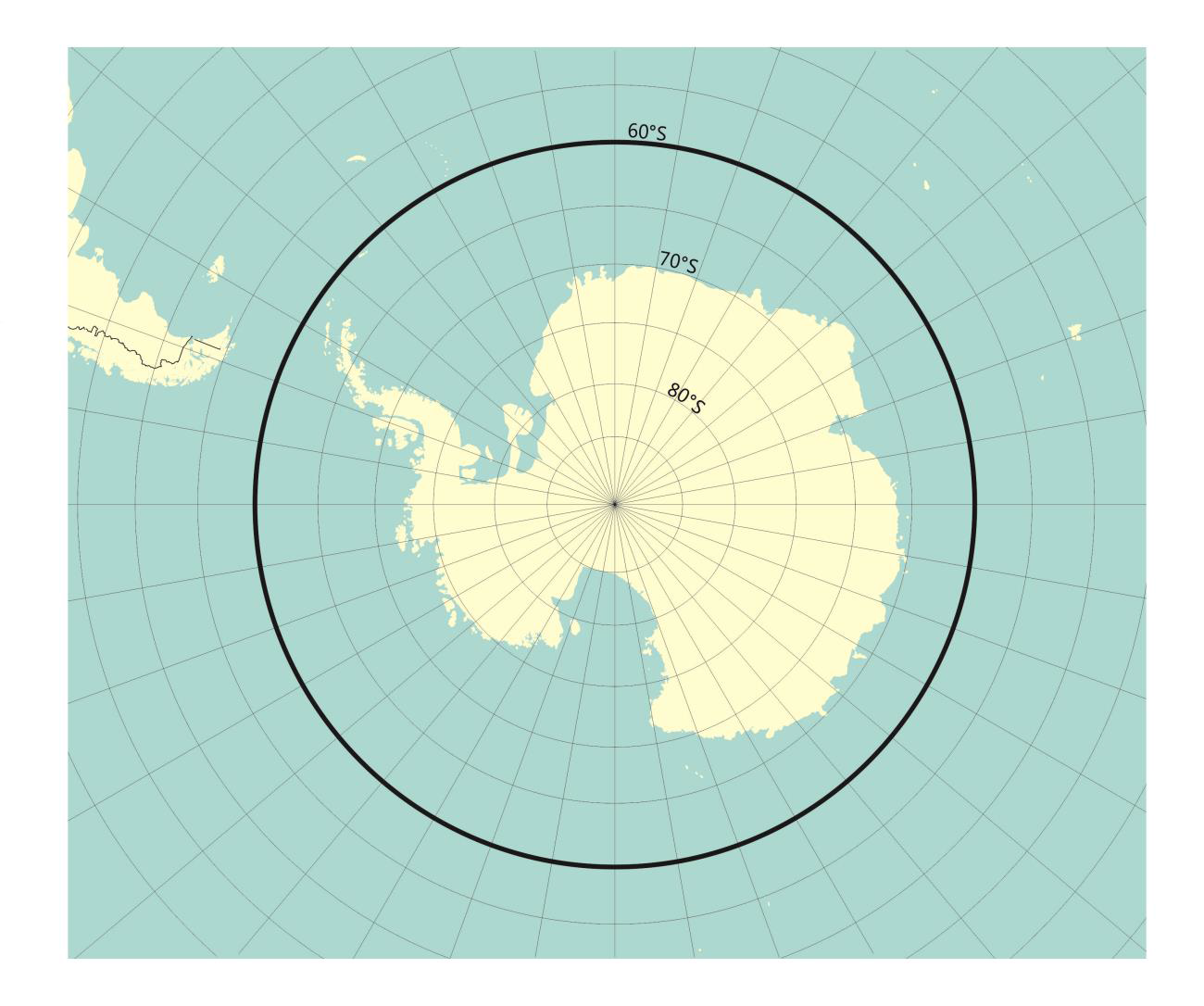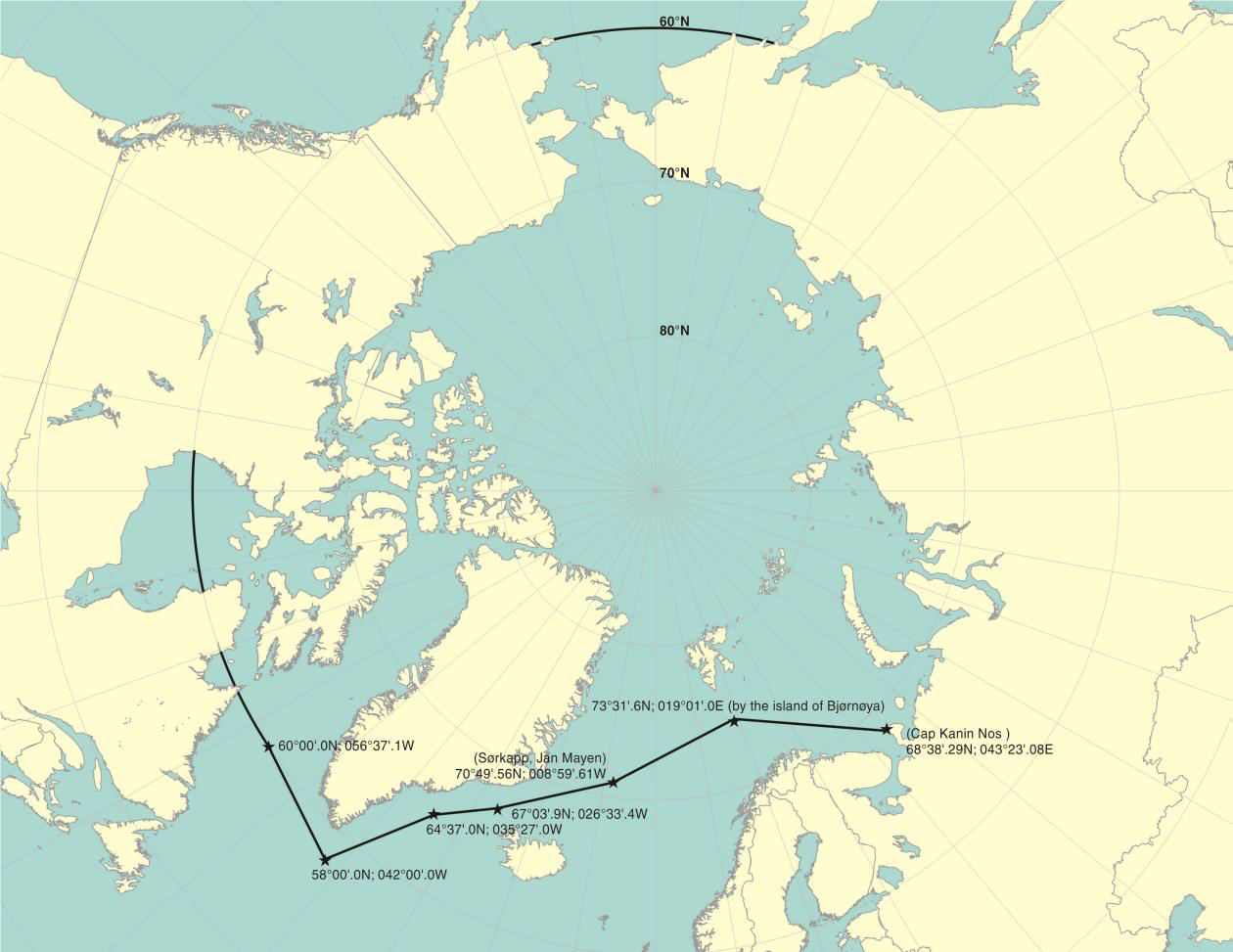RDIMS No .: 19789021
Date (Y-M-D) : 2023-09-22
This bulletin replaces Ship Safety Bulletin No. 01/2018.
Purpose
This bulletin explains how masters, deck officers and any other crew members can meet certification and familiarization training requirements for those on certain ships operating in polar waters.
The requirements outlined in the International Convention on Standards of Training, Certification, and Watchkeeping for Seafarers, 1978 as amended (STCW) came into effect on July 1, 2018. The requirements outlined in the International Convention for the Safety of Life at Sea, 1974, and the Protocol of 1988 relating to the Convention (SOLAS) came into effect on January 1, 2018.
Scope
This bulletin applies to personnel on Canadian vessels operating in polar waters subject to the requirements of Chapter XIV of SOLAS and any other vessel required to have onboard a person holding a training certificate for ships operating in polar waters as per the Arctic Shipping Safety and Pollution Prevention Regulations (ASSPPR). This bulletin provides details on the Basic and Advanced training requirements and certification requirements for those masters, chief mates and officers in charge of a navigational watch on board who wish to comply with the international requirements before the Marine Personnel Regulations are amended.
Background
On January 1, 2017, the International Code for Ships Operating in Polar Waters Footnote 1 (the Polar Code) entered into force internationally through the new Chapter XIV of SOLAS. Chapter 12 of Part I-A of the Polar Code requires that the masters, chief mates and officers in charge of a navigational watch complete training, taking into account the provisions of the STCW. As a party to SOLAS, and as a result of the coming into force of the ASSPPR, Canada became bound by the Polar Code including the relevant provisions of Chapter 12 – Manning and Training - of Part I-A of the Polar Code.
Chapter 12 of the Polar Code provides, amongst other things, that the companies ensure that masters, chief mates and officers in charge of the navigational watch on board ships operating in polar waters complete the training provided in the Polar Code, taking into account the STCW and the STCW Code.
Amendments to the STCW introduced new training and certification requirements, which came into effect on July 1, 2018. Canada, as a party to the STCW, must fully comply with these requirements.
Transport Canada Marine Safety and Security (TCMSS) intends to amend the current Marine Personnel Regulations to introduce these amended STCW requirements.
Transitional Provision
Until July 1, 2020, seafarers who commenced approved seagoing service in polar waters (or acceptable/equivalent ice conditionsFootnote 2) prior to July 1, 2018, were able to establish that they met the requirements of basic training for ships operating in polar waters and the advanced training for ships operating in polar waters as per SSB 01/2018 and MSC.416(97).
After July 1, 2020, Transitional Provision
-
Basic Certificate of Proficiency (CoP)
Masters, chief mates and officers in charge of a navigational watch on board ships operating in polar waters must hold a CoP for personnel on ships operating in Polar Waters, as required by the Polar Code.
To obtain a Basic CoP for personnel on ships operating in Polar Waters, a candidate must complete a basic polar waters training course for personnel on ships operating in polar waters.
To renew a Basic CoP for personnel on ships operating in Polar Waters, a candidate must meet one of the below requirements:
- (a) Have acquired, within the 5 years before the date of application, at least 2 months of sea service while serving as a deck officer at the operational level or as an ice navigator, on board a vessel operating in polar waters or waters with acceptable/equivalent ice conditionsFootnote 2.
- (b) Have completed an approved basic polar waters training course for personnel on ships operating in polar waters within the 5 years before the date of application.
- (c) Have been an instructor at a recognized institution in Canada having taught at least 2 approved training courses in basic polar waters training course for personnel on ships operating in polar waters within the 5 years before the date of application supported by documentation from the Recognized Training institution.
-
Advanced Certificate of Proficiency
Masters and chief mates in charge of a navigational watch on board ships operating in polar waters must hold an advanced CoP for personnel on ships operating in Polar Waters, as required by the Polar Code.
To obtain an advanced CoP for personnel on ships operating in Polar Waters, a candidate must meet the requirements for certification in basic training for ships in polar waters, have completed an approved advanced training for personnel on ships operating in polar waters and have at least two (2) months in total of sea service within polar waters or in waters with acceptable/equivalent ice conditions, as master, chief mate, officer in charge of the navigational watch or as a pilot, ice navigator or ice adviser.
To renew an advanced CoP for personnel on ships operating in Polar Waters, a candidate must meet one of the below requirements.
- (a) Have acquired, within the 5 years before the date of application, at least 2 months of sea service while serving as a deck officer at the operational levelFootnote 3 or as an ice navigator, on board a vessel operating in polar waters or waters with acceptable/equivalent ice conditionsFootnote 2.
- (b) Have completed an approved advanced training for ship operating in polar waters within the 5 years before the date of application.
- (c) Have been an instructor at a recognized institution in Canada having taught at least 2 approved training courses in advanced training for personnel on ships operating in polar waters within the 5 years before the date of application supported by documentation from the Recognized Training institution.
-
Polar Waters Familiarization
In addition to the polar waters training and certification requirements for the master and officers, Chapter 12 of Part I-A of the Polar Code requires every crew member to be familiar with the procedures and equipment contained or referenced in the Polar Waters Operation Manual relevant to their assigned duties. Moreover, as per subsection 206(1) of the Marine Personnel Regulations, the authorized representative of a vessel shall provide to the master written instructions that, at a minimum, determine the procedures to be followed to ensure that each member of the complement, before being assigned any duty, (a) becomes familiar with (i) the shipboard equipment that is specific to the vessel, (ii) the operational instructions that are specific to the vessel, and (iii) their assigned duties; and (b) can effectively perform their assigned duties when performing duties vital to safety or the prevention or mitigation of pollution.
Annex 1 – Polar Waters
Figures illustrating the Antarctic area and Arctic waters. For the complete definition of polar waters refer to regulation 1.4 of Chapter XIV of SOLAS.
Figure 1 – Maximum extent of Antarctic area application
Figure 2 – Maximum extent of Arctic waters application
Keywords:
1. STCW 2010
2. Marine Personnel Regulations
3. CoC
Questions concerning this Bulletin should be addressed to:
AMSP
Transport Canada
Marine Safety and Security
330 Sparks Street, 8th Floor
Ottawa, Ontario K1A 0N5
Contact us at: Email: marinesafety-securitemaritime@tc.gc.ca or Telephone: 1-855-859-3123 (Toll Free).


